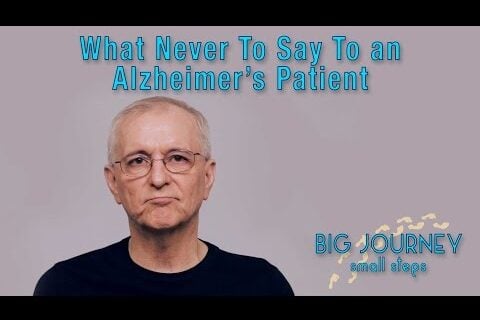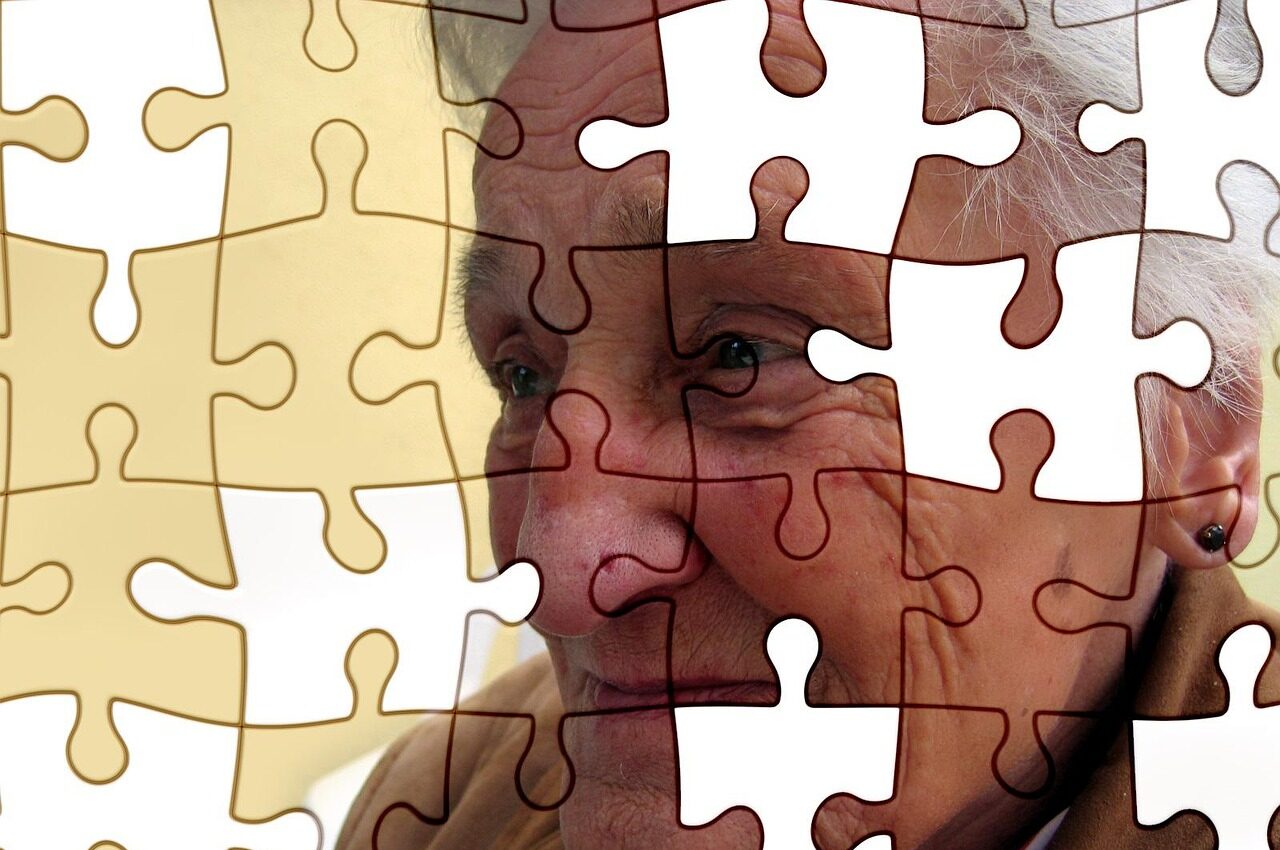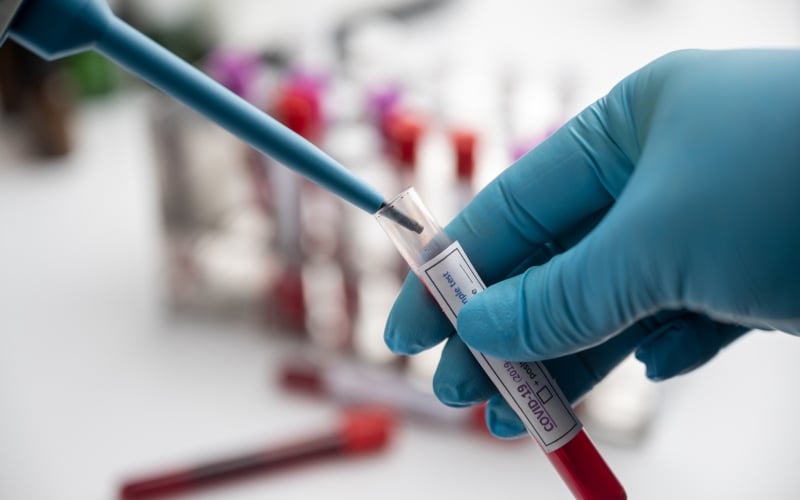I have cancer. One thing it has humbled upon me is the difference and value of relational versus transactional interactions.
You see, I am also transactional by nature.
For the first few years of my treatment I received care at the Veterans Administration (VA). Now I am receiving treatment in an immunotherapy trial at a renowned commercial facility.
For me, the VA was Relational. The commercial provider is Transactional.
Transactional
A team of experts tends to my case. They are exceptional. This is a machine; well oiled, efficient, competent, technical, thorough, precise, cordial, efficient, and effective. They are proficient, professional, and all very busy. Mine is one of their many cases. The material issue is the cancer and eradicating it matters most. I am along for the ride.
Nobody is my friend. Well, I can’t say nobody. One person is, my Case Manager. She is very young and non-medical, i.e. not a nurse or doctor.
I am a patient, a problem to be addressed. A person to whom medical care is to be provided. A matter to be tended to. A case to be studied, evaluated, and solved. It is all very quantifiable. It is, fortunately, very good care though. I get in, I get out. No frills. When I see a Doctor it is very concise, pretty much the facts. They review my blood work, my scans, ask me the standard questions (have you fallen, are you in pain, any new medicines, any new symptoms, etc.). I then get my treatment, go home, and then do it all over again a couple weeks later. For me, it is like brushing my teeth. Very transactional.
Relational
At the VA I had relationships…with doctors, with nurses, with receptionist’s. I was always greeted with a named “Hello, how are you doing?” I also got the standard questions too (with the added, “are you thinking of harming yourself”). The staff, and the other patients, also joke with me, listen to my stories, tell me their stories. We talk, we listen. When I see my doctor(s), she spends whatever time I need with her (easily 45 minutes); giving me her full attention with no hint of feigned interest or distracted nuances. Just last night, at about 6pm, unsolicited my VA Doctor called me on the phone (like she said she would), “How are you feeling? How did your treatment go? What are the next steps?” I am her patient; she is my Doctor. It is a mindset. It is a relationship. It is very qualitative. She cares, about me. She is caring for and treating me, the person, not the cancer.
I know my doctors at the commercial facility care too. It is just different. One is not better than the other necessarily. The cancer itself does not really care one way or the other. It is very transactional.
In the end its really a “Quality of Life” thing.
I wish I could be more relational in my own interactions, possibly I am now. I feel I am, I just don’t know if others think I am too.
I did strike up a conversation with another patient at the VA last time I was there. He was in his mid-80’s. Alone. Away from home (guy flew from Chicago to Florida for treatment — by himself, put up in a hotel room, in a wheelchair — all covered by the VA though). He just wanted someone to talk to. I listened, like I would have wanted others to listen to me. Relational progress I trust.
Relational people leave their mark. Little gems or breadcrumbs creating a path to humanity that ties us all together. Transactional people and institutions solve problems. Hopefully problems that need to be solved. We need both. There is a time and place for both.
Most of all, I pray I am not one of those transactional people solving problems that don’t need to be solved, giving input not requested, or preaching for my own benefit.
Know one’s audience and choose wisely.
—
Previously Published on Medium
Photo by Jon Tyson on Unsplash
The post Transactional vs Relational appeared first on The Good Men Project.
Original Article










